As federal agencies continue ramping up in-person work across Washington, D.C., local neighborhoods are experiencing a familiar but worsening headache: a severe lack of curbside parking. From Capitol Hill to Navy Yard, D.C. residents say they’re being pushed out of their own communities as out-of-state vehicles flood residential streets.
The culprit? A rapid return to office for federal employees, paired with insufficient transit usage, and a booming entertainment district.
A Mounting Parking Crisis
In areas like Navy Yard, the numbers paint a stark picture. There are just 4,400 parking spots designated for over 17,000 federal workers — a ratio that virtually guarantees competition for curb space. Many of these workers are opting to drive rather than use public transit, citing safety concerns and unpredictable schedules on Metro and bus systems.
Local residents are sounding the alarm, saying they can’t compete with the daily influx of vehicles, many bearing Virginia and Maryland plates. With limited enforcement and weak protections for locals, the issue is quickly escalating.
“They’ve practically gridlocked every neighborhood — it’s like an obstacle course to drive in,” said Kathy Henderson, a D.C. Advisory Neighborhood Commissioner. “That has reduced available spaces.”
Entertainment Boom Fuels Congestion
Adding fuel to the fire is the area’s growing status as a nightlife and sports destination. Nationals Park, Audi Field, and dozens of bars and restaurants attract thousands of visitors, often overlapping on game nights and weekends.
“Starting with Nats Park being in the area, you have a lot of bars and restaurants, and then across the street you have Audi Field,” said Elissa De Souza, a long-time Navy Yard resident. “With these games sometimes happening back-to-back, it’s very difficult for residents and visitors to find parking in the area.”
Even during non-event hours, the area’s growing density means fewer and fewer open spaces for people who actually live in the neighborhood.
DC Government Considers New Solutions
In response, the DC Department of Transportation (DDOT) and members of the D.C. Council are weighing a series of measures to regain control over local parking. Some of the proposals under review include:
-
Stricter enforcement of time-limited zones to prevent all-day parking
-
Extended residential permit-only hours to prioritize locals
-
Closing loopholes that allow prolonged use of temporary visitor permits
-
Dynamic pricing zones like those already tested in parts of the city, where curb fees increase during peak times
One such example is in the Greater U Street corridor, where a performance parking program has implemented “permit or pay” zones, enforced 24/7. The aim is to ensure greater turnover while protecting resident access.
These initiatives are still under evaluation, but some are expected to roll out more widely in the coming months as public complaints grow louder.
Pressuring Federal Agencies to Step In
Local leaders are also pointing fingers at federal agencies, urging them to reduce their employees’ reliance on personal vehicles. Suggestions include:
-
Providing transit subsidies to federal workers
-
Encouraging flexible schedules to stagger arrival and departure times
-
Improving telework options where feasible
By promoting alternative modes of commuting, agencies could significantly reduce the strain on D.C.’s residential streets. However, critics argue that without concrete incentives, many workers will continue driving — especially if they perceive Metro and other services as unreliable or unsafe.
What’s Next for Residents?
For residents like De Souza and Henderson, the message is clear: the status quo is unsustainable.
Local advocacy groups are urging neighborhood associations to stay involved, attend DDOT forums, and push for faster reforms. Some are even requesting designated parking zones for long-time residents or seniors, especially in overburdened areas like Navy Yard, Shaw, and Columbia Heights.
Until systemic changes are made — both at the city and federal levels — many D.C. residents will continue to circle their blocks in frustration, caught in the middle of a growing parking war.
Resources for DC Residents and Federal Workers:
Whether you’re a federal employee returning to the office or a resident trying to reclaim your curb, staying informed and engaged in upcoming transportation discussions may be key to resolving one of the city’s most pressing quality-of-life issues.

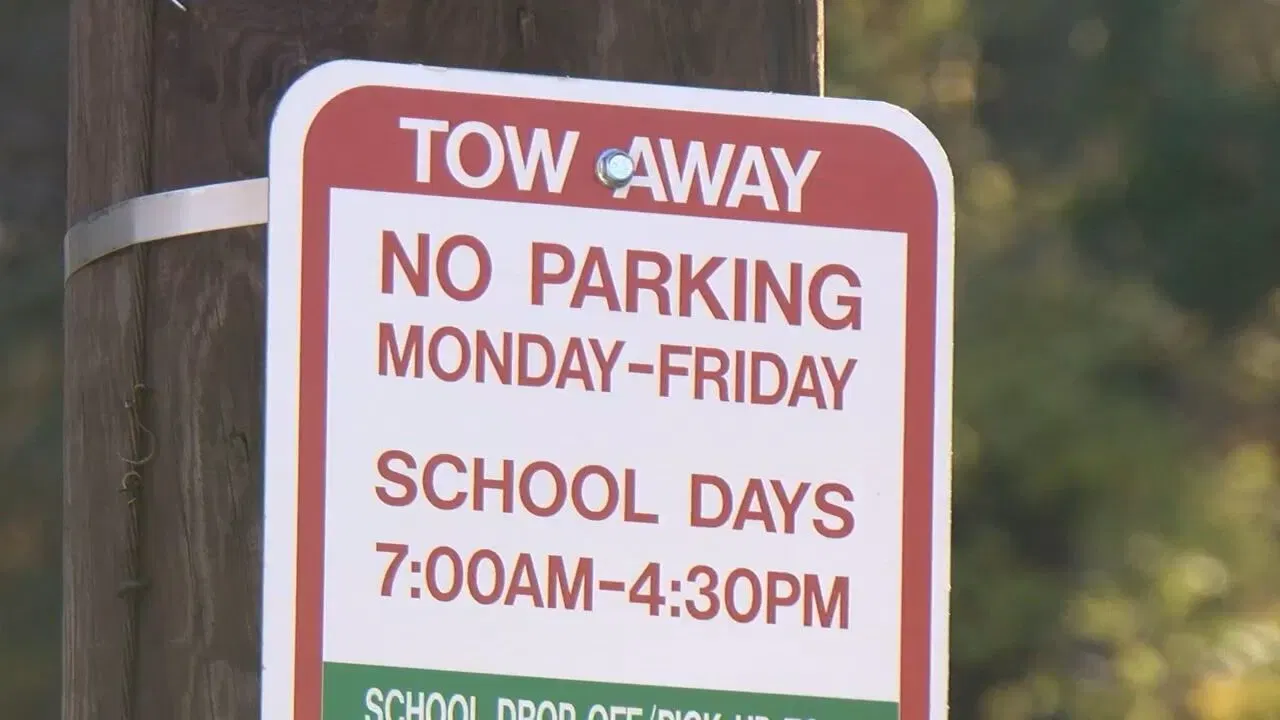
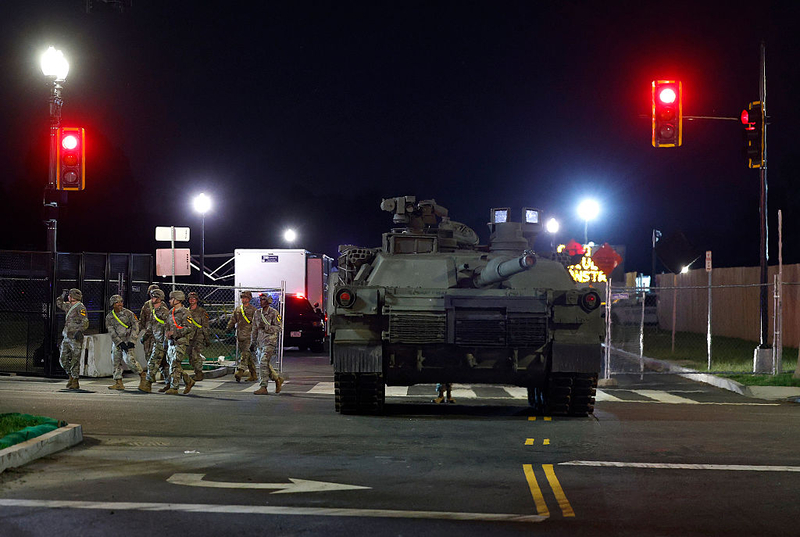
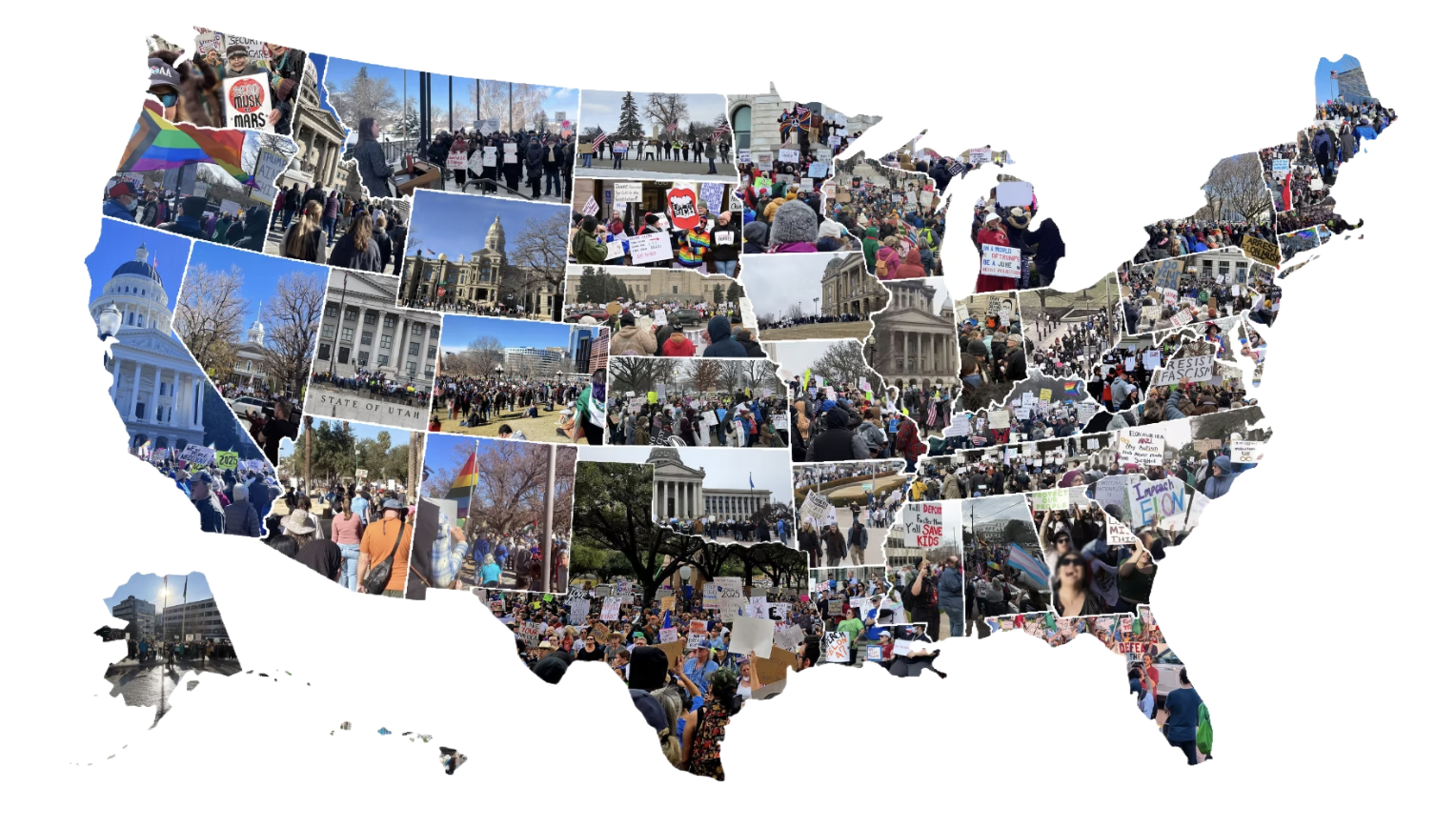
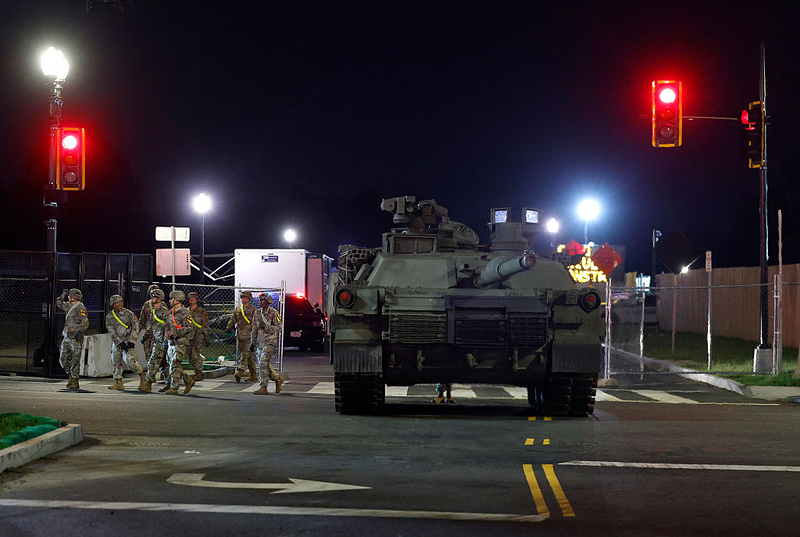
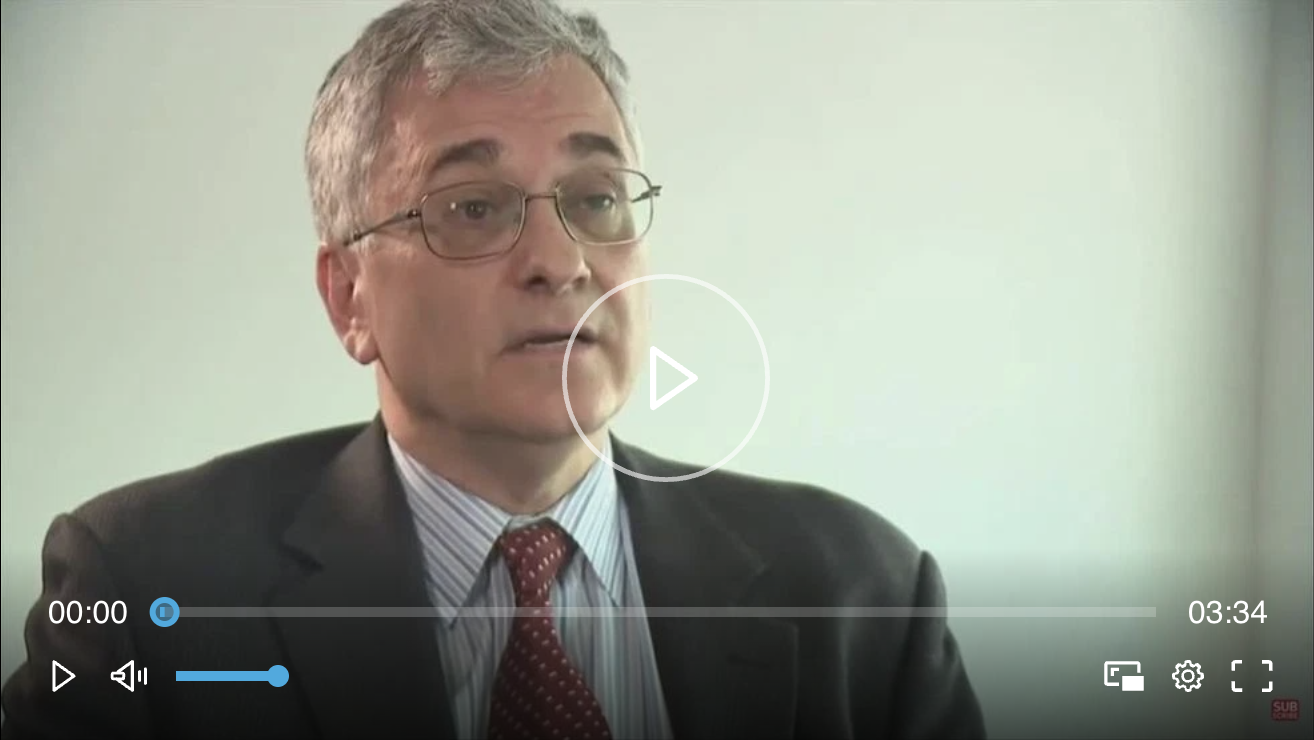

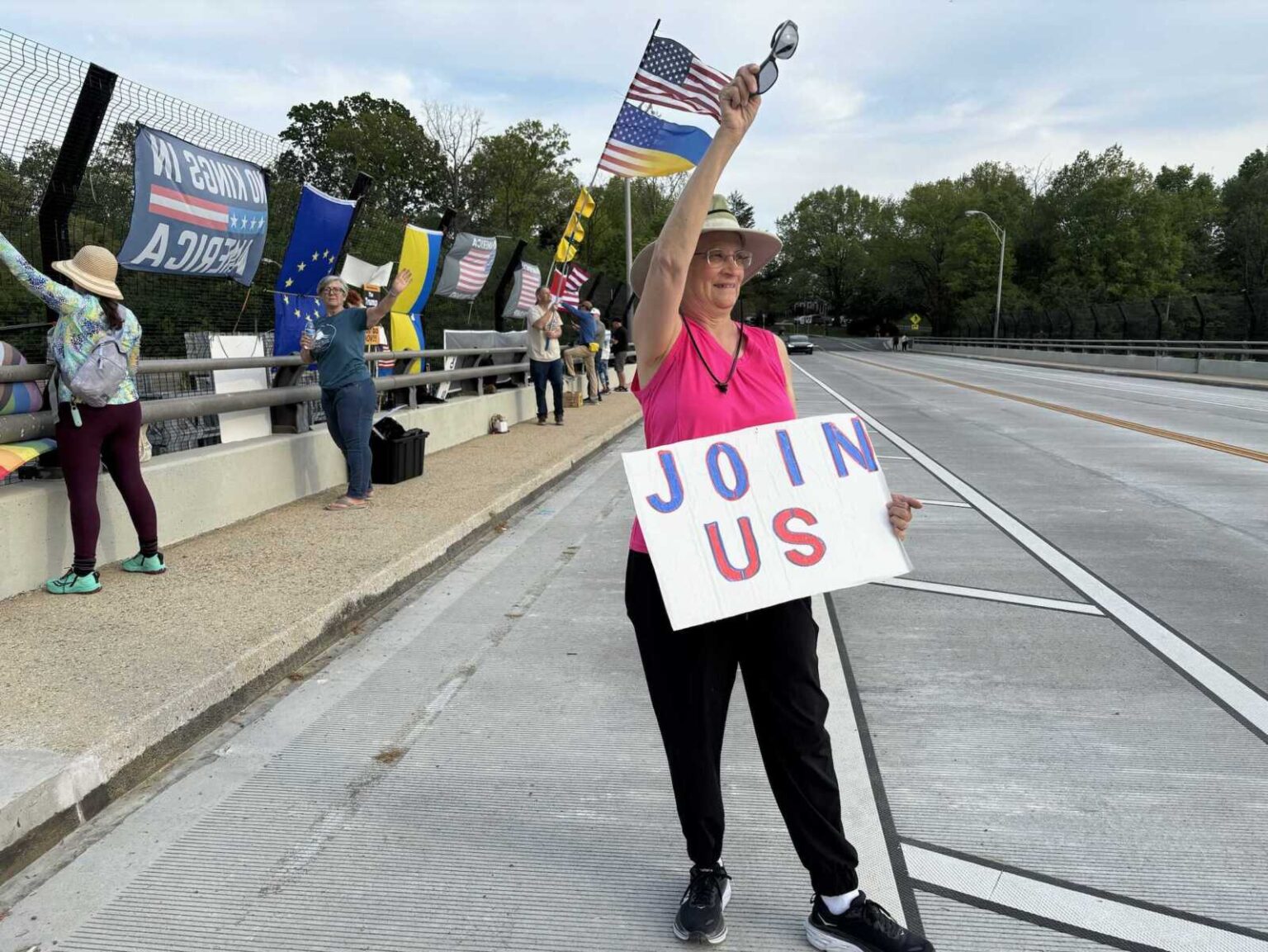
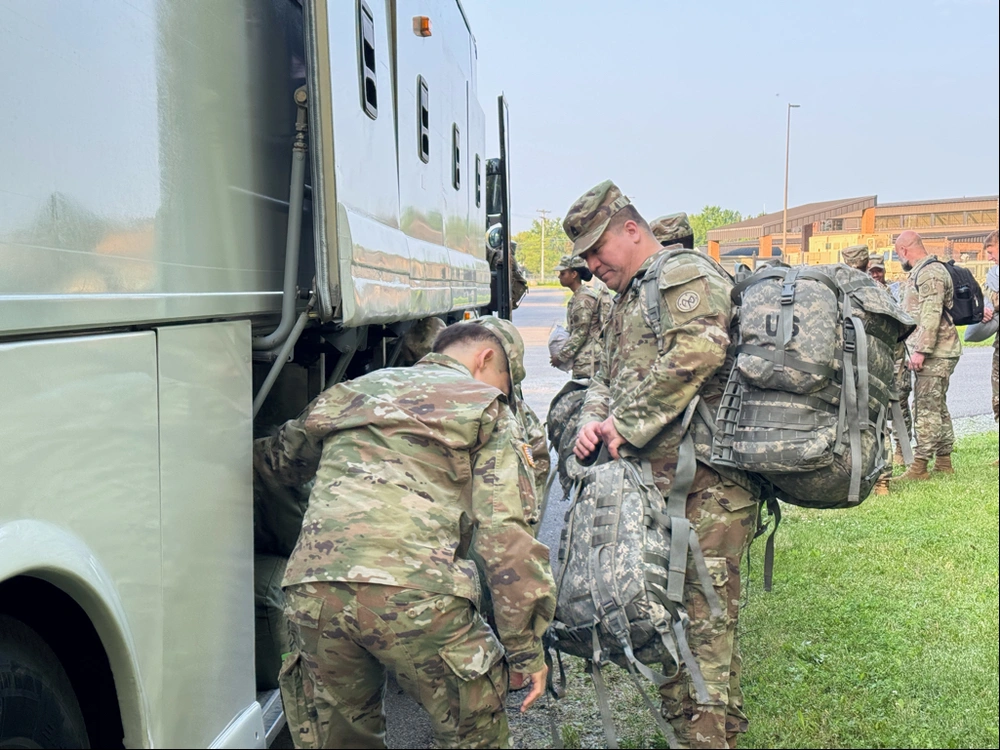

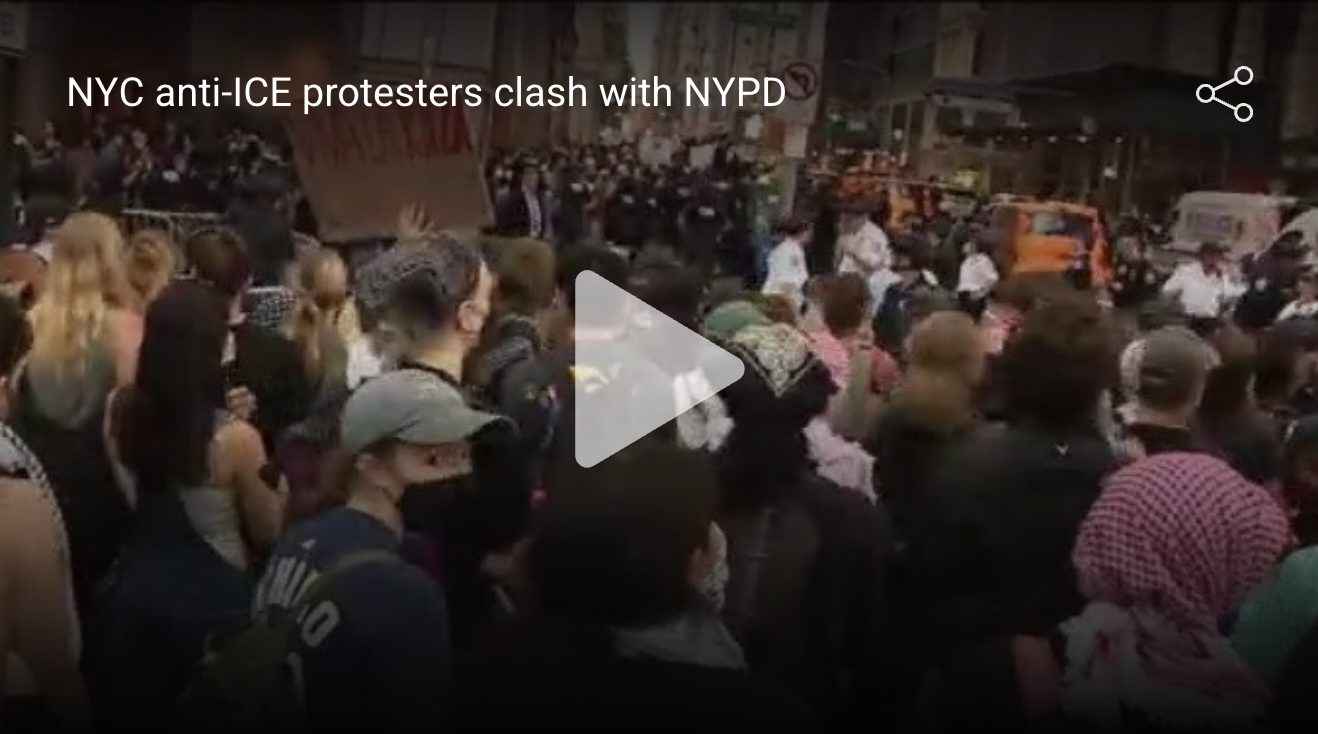
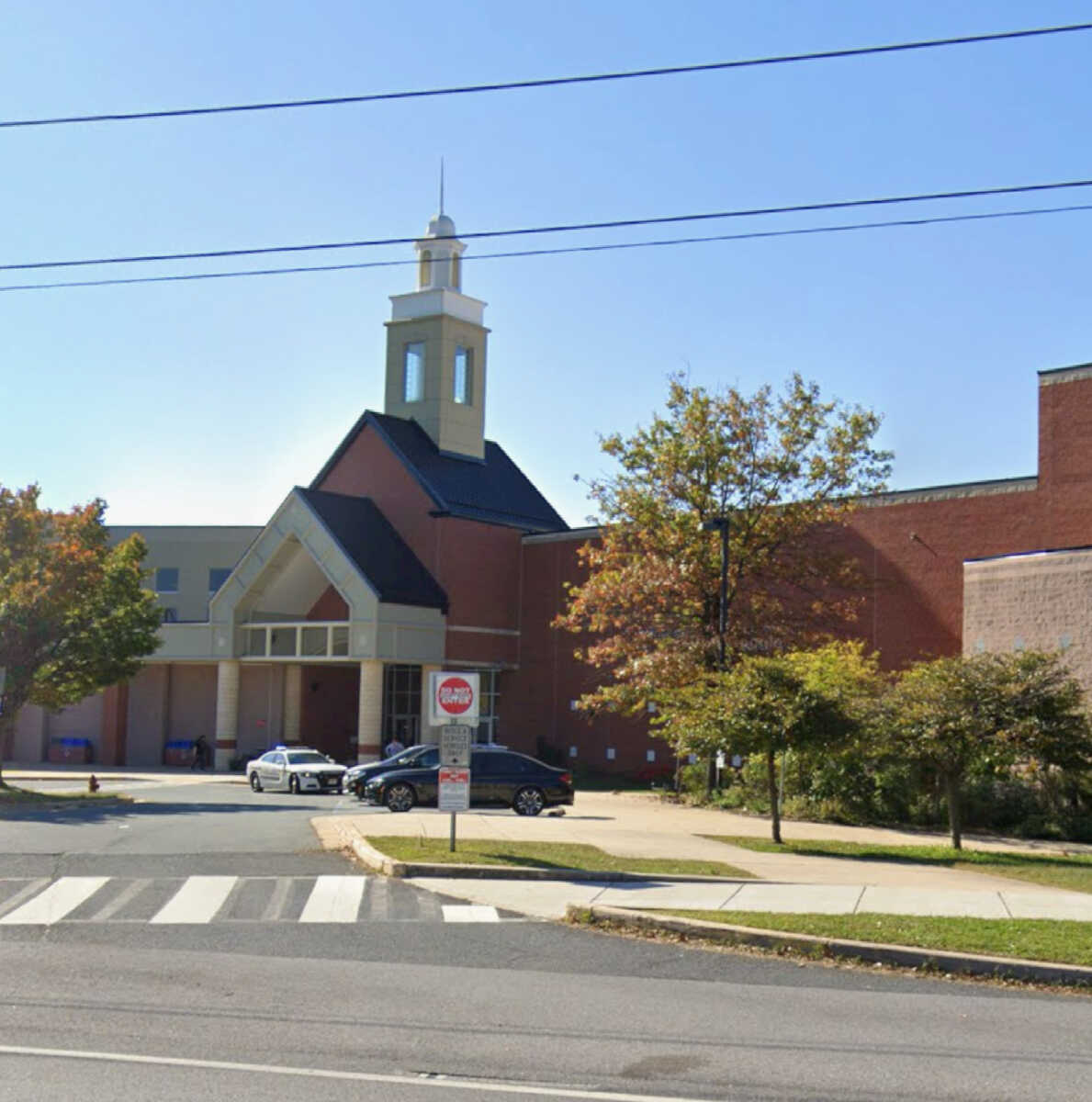
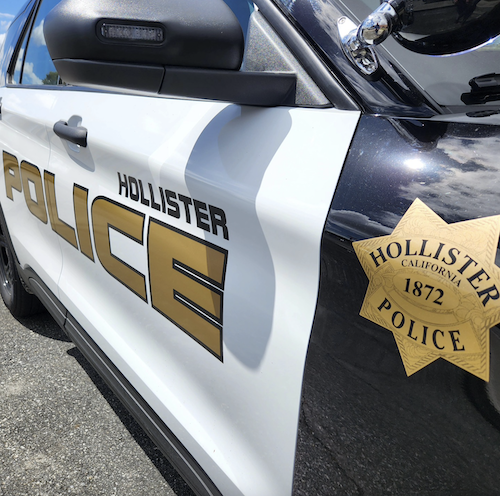
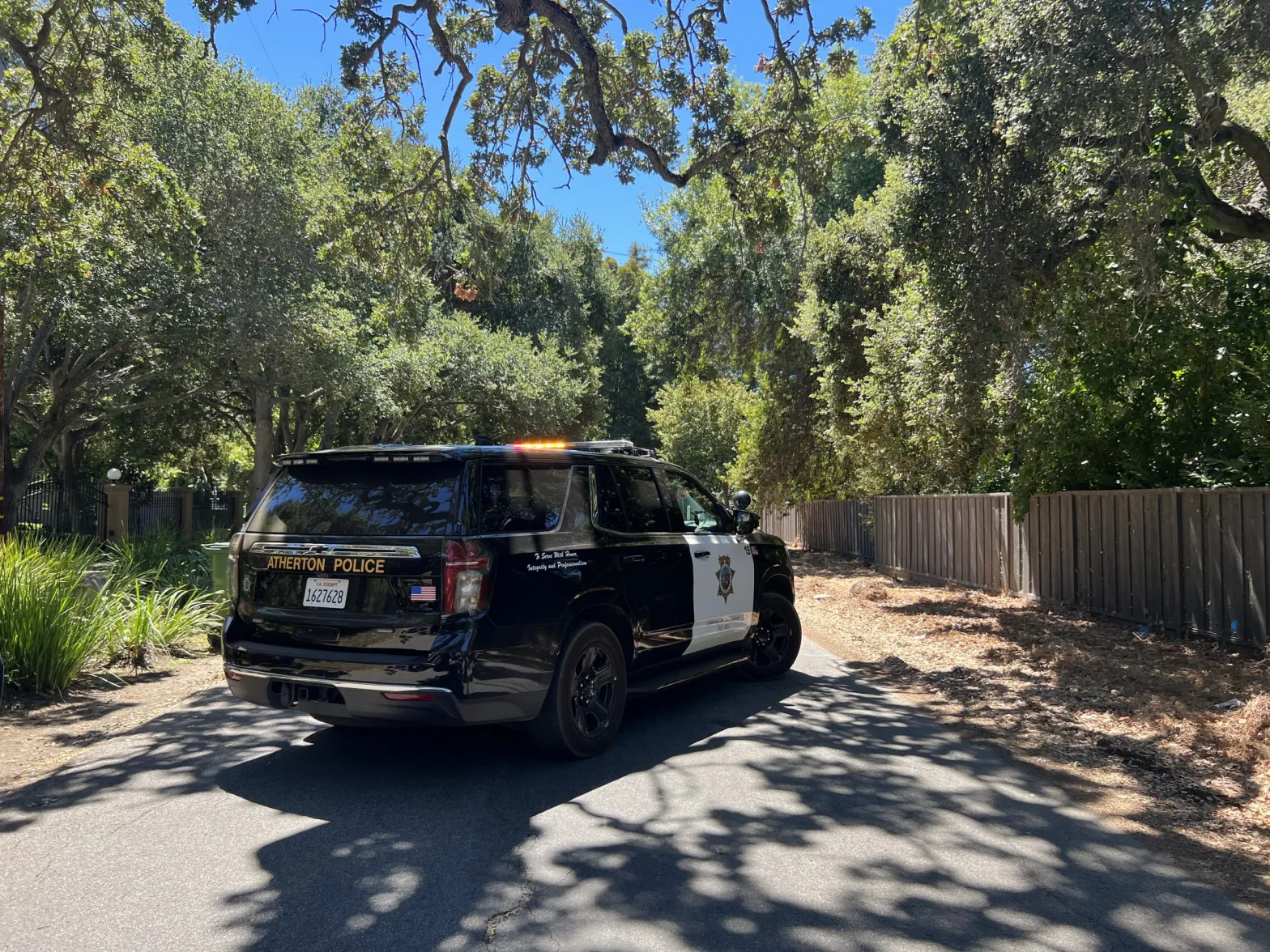
Leave a Reply